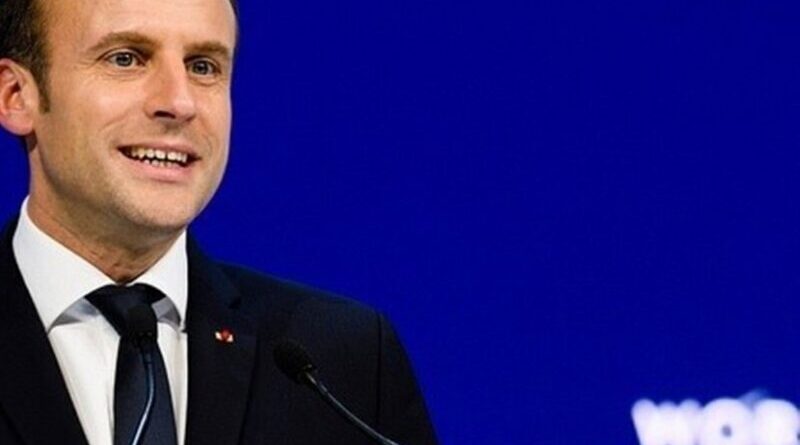EU Tentatively Backs Reform Of Labour Rules Sought By Macron
By EurActiv
(EurActiv) — The European Union reached a tentative agreement on Thursday (1 March) to tighten employment rules for workers who move to richer member states in order to earn more money but also risk undercutting wages in their adopted country.
French President Emmanuel Macron has spearheaded the initiative to reform the system known as “posted workers” to quell discontent among his voters, arguing that it was undercutting salaries and social standards in wealthier states.
Currently, workers from poorer EU countries can be employed in other member states on contracts that only need to guarantee the host country’s minimum wage, while social security charges – much higher in western states like France – are paid back home.
“At the heart of our proposal was the principle of equal pay for equal work in the same place, and we now confirm this in legislation,” EU Social Affairs Commissioner Marianne Thyssen told a news conference.
Thyssen, who has been holding talks with representatives of member states and the European Parliament, declined to give details of the tentative accord before reporting back to EU national governments. The deal must still win the approval of member state governments and EU institutions to become law.
Poorer EU member states in the ex-communist east have been reluctant to change a system that has given them a competitive advantage over richer neighbours and allowed their nationals on assignment abroad to earn more than they could back home.
“The negotiators managed to overcome the difference between East and West, left and right and employers and employees,” said Agnes Jongerius, a negotiator on behalf of the European Parliament, who also declined to provide details on the accord.
The debate among richer and poorer member states over cost competition is not limited to workers on assignment abroad.
Recently, the case of a white goods maker relocating from Italy to Slovakia stirred emotions ahead of Italy’s national election on Sunday (4 March).

